Reimagining Liberation through the Popular Committees
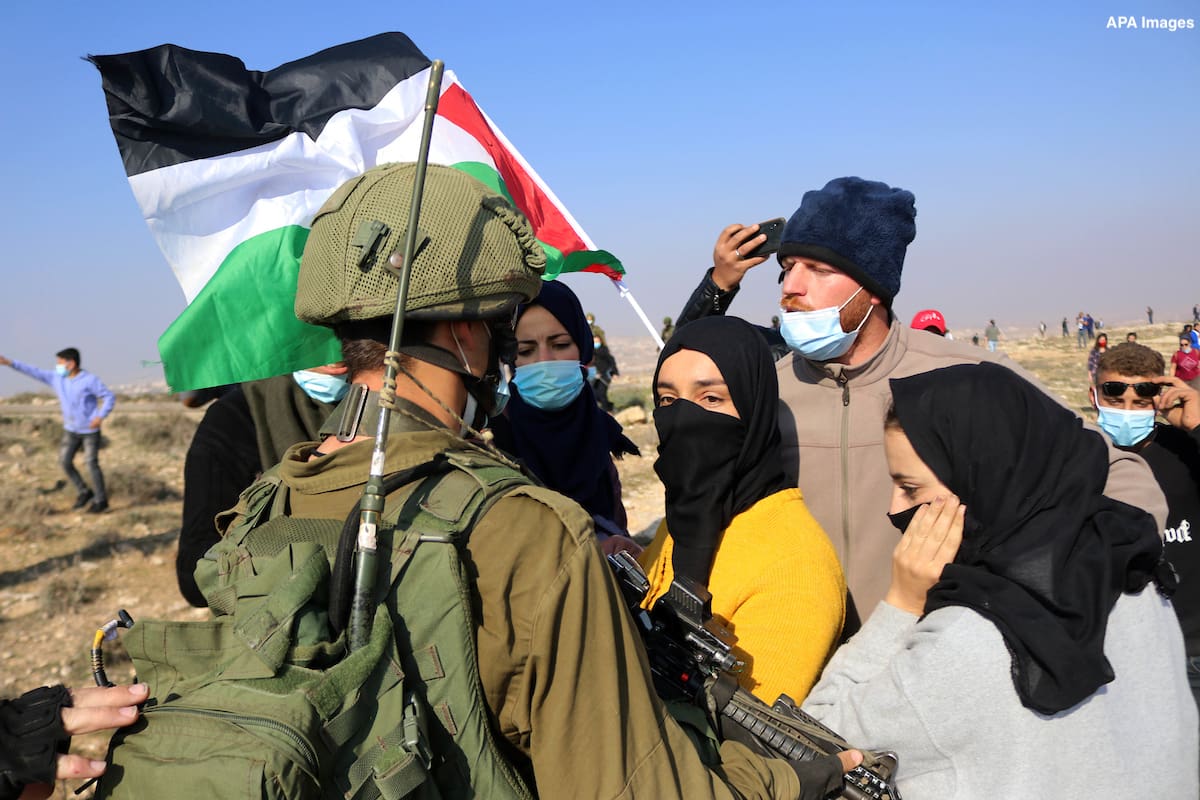
Palestinians are experiencing unprecedented global solidarity since the 2021 Unity Intifada, yet their struggle for liberation remains trapped by the post-Oslo framework. Al-Shabaka’s policy analyst, 24460, explores the rich history of the popular committees of the 1970s and 1980s to offer recommendations for how Palestinians can reorient their communities and institutions to facilitate the emergence of grassroots, liberationist mobilization.
ICT in Palestine: Challenging Power Dynamics and Limitations
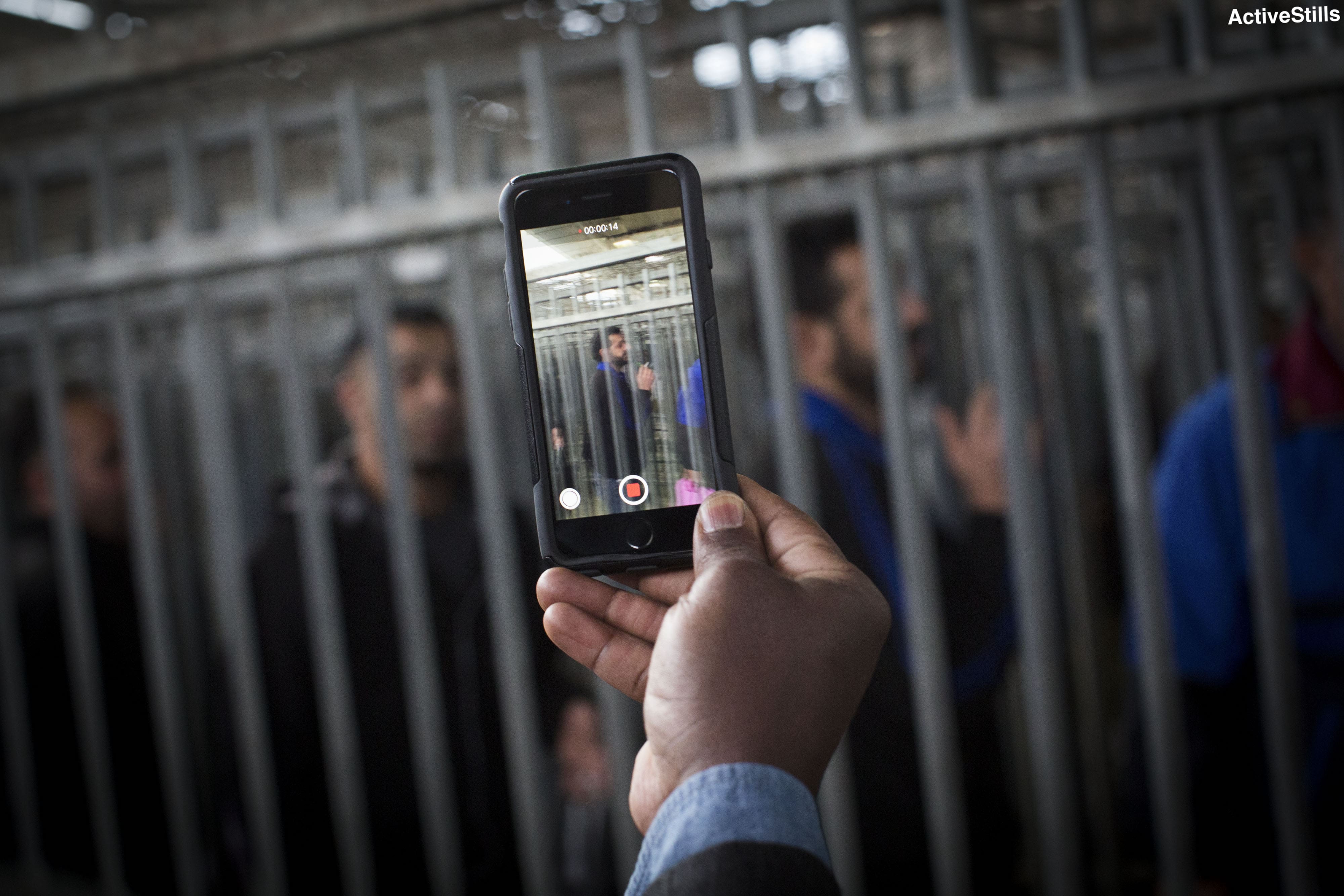
For the past two decades, the Palestinian Authority has been collaborating with expatriate Palestinian capitalists, who operate in tandem with the Israeli state, to ramp up ICT development in Palestine. Yet the sector continues to suffer. Al-Shabaka’s guest contributor, 24399, examines these power dynamics and offers recommendations for what the PA should do to enhance Palestinians’ economic lives.
A Vision for Liberation: Palestinian-led Development in Health and Education
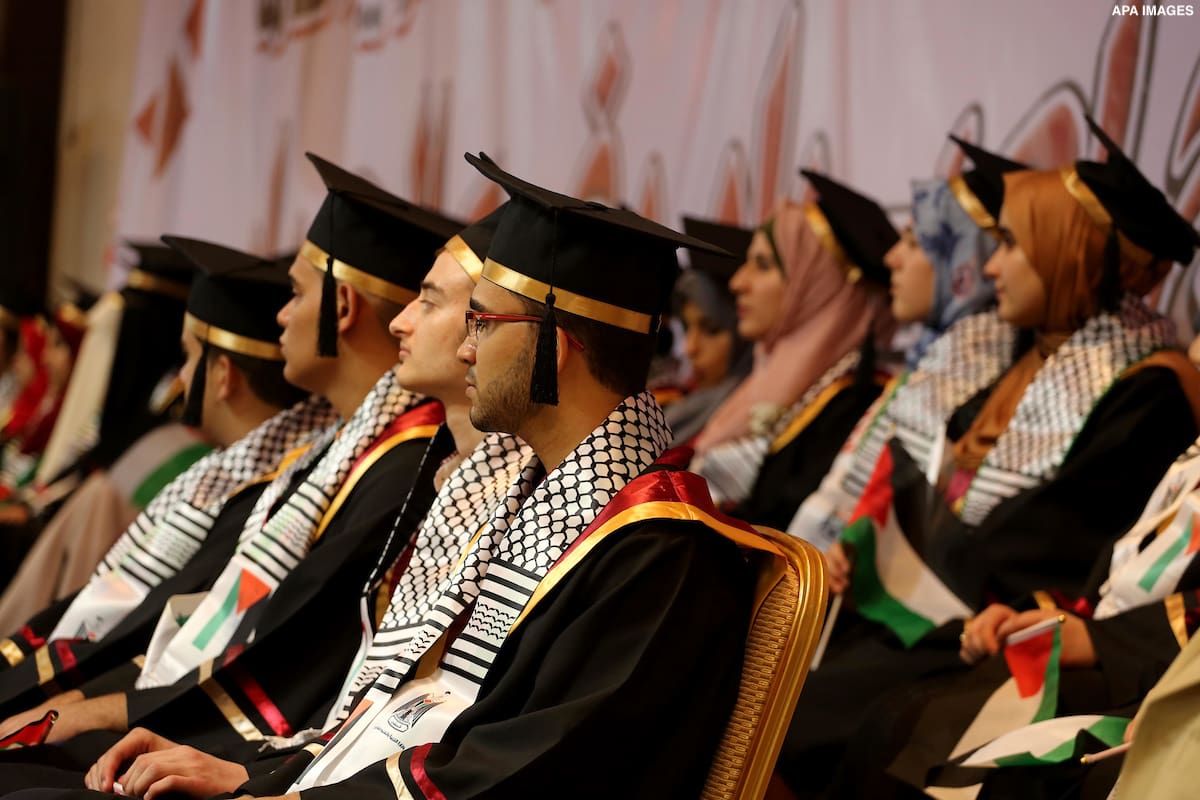
The Palestinian health and education sectors have been neglected by Palestinian authorities and the donor community. How can Palestinians collectively develop these sectors with a vision for liberation? Al-Shabaka’s US policy fellow, Yara Asi, examines this question and offers recommendations based on interviews she conducted with Palestinians in the West Bank, Gaza, behind the Green Line, and in the diaspora.
Community Accountability in Palestine: An Alternative to Policing
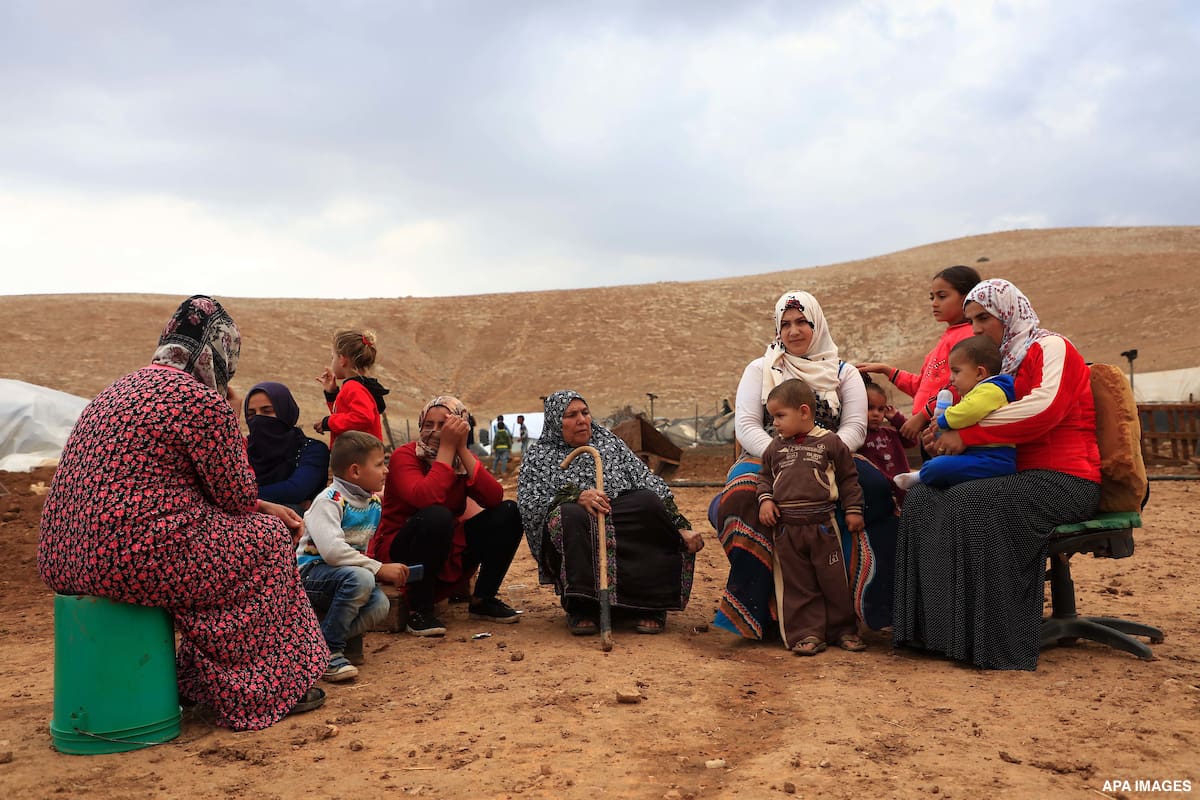
Israeli and Palestinian policing and incarceration have devastated Palestinian society. How can Palestinian civil society adopt community accountability and transformative justice processes that move away from state institutions and punitive justice? Al-Shabaka’s senior analyst, 24588, explores this question and offers recommendations to Palestinian civil society and the international donor community for bringing about and supporting these crucial changes.
Thirty Years On: The Ruse of the Middle East Peace Process
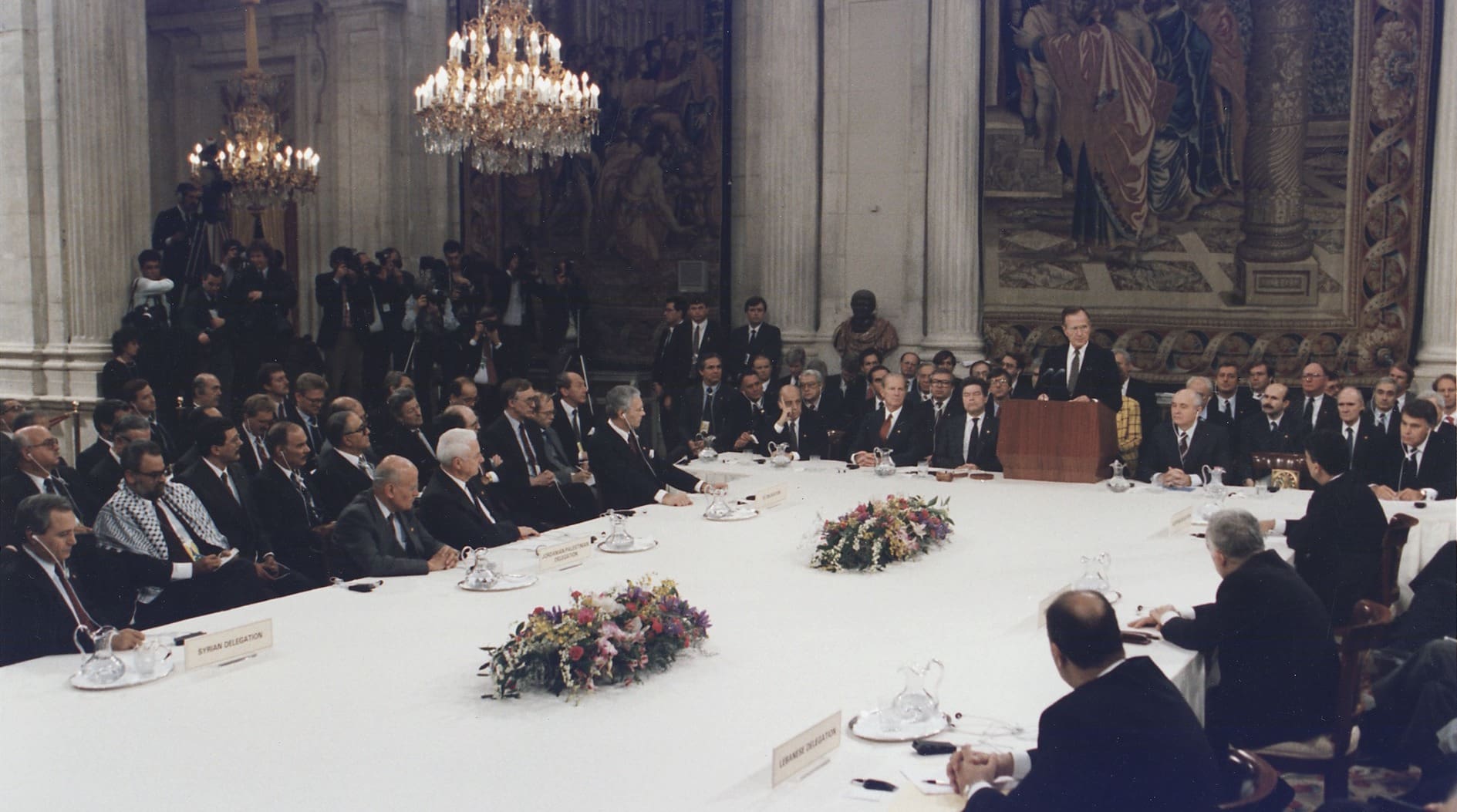
The so-called Middle East Peace Process has ensured Palestinians’ oppression by a military regime bent on settler-colonial expansion. How has the bilateral negotiations framework consolidated Israel’s hegemony over the Palestinians, and how has Israel maintained it? Al-Shabaka policy analyst, Inès Abdel Razek, explores these questions and more, and offers recommendations to the international community for supporting Palestinian liberation.
Restricting US Military Aid to Israel in the Age of Normalization
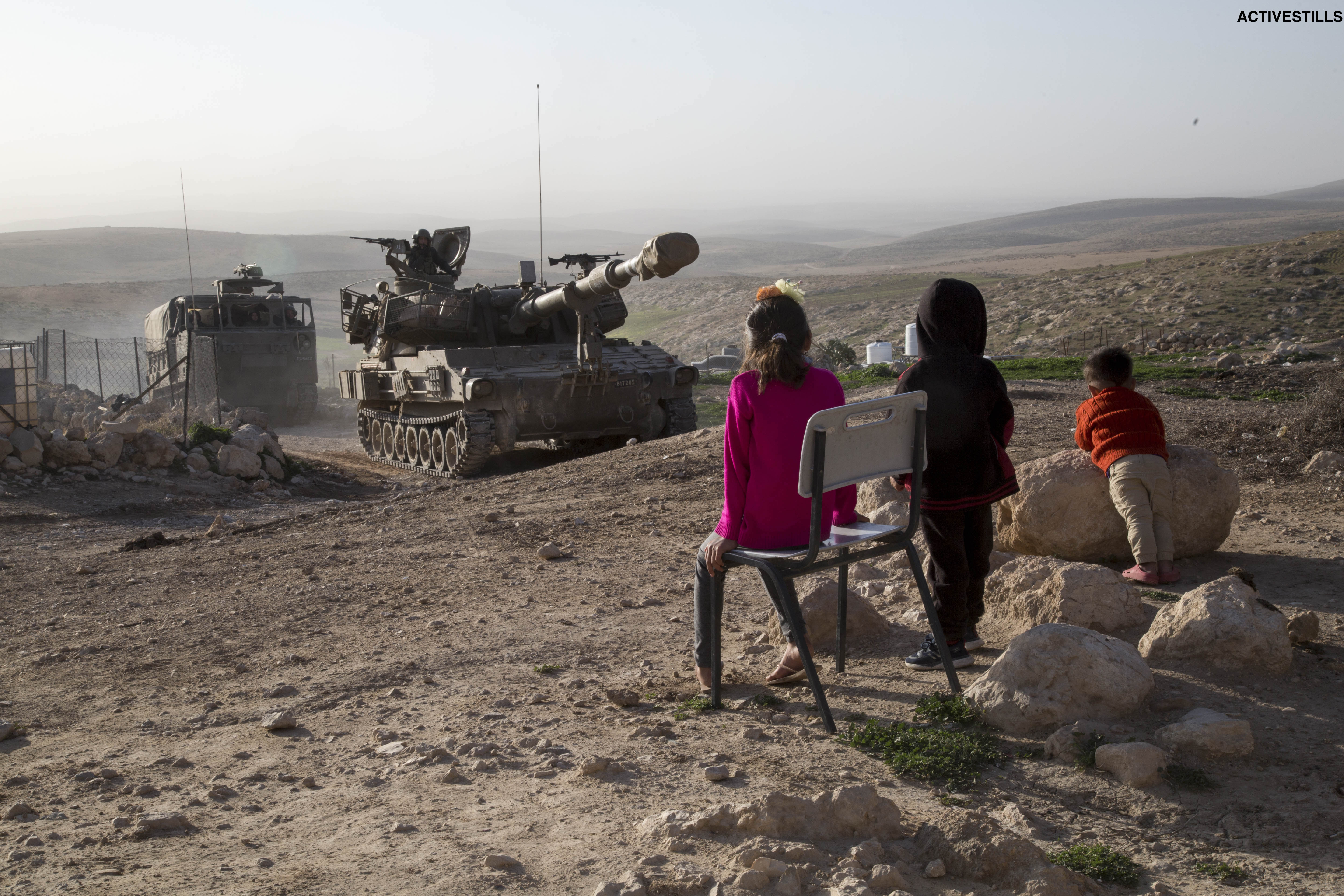
With the rise in global solidarity with Palestinians since the May 2021 Unity Intifada, United States policymakers and activists are calling for conditioning and halting US military aid to Israel. Al-Shabaka’s US policy fellow, 24507, examines this shifting tide and offers recommendations for how policymakers, lobbyists, and the international community can seize on this historic moment in the defense of Palestinian rights.
Israel’s Violations of Palestinian Workers’ Rights: COVID-19 and Systemic Abuse
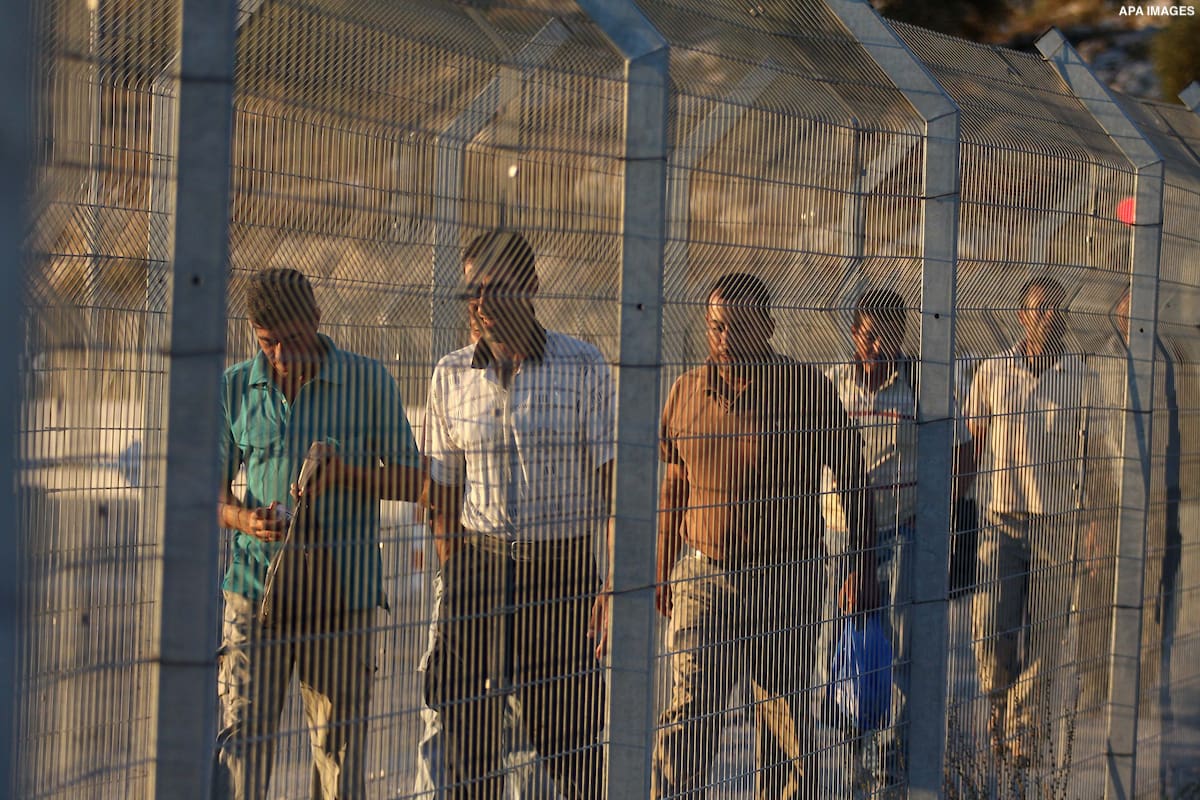
The Israeli regime has been systematically violating the rights of Palestinian workers in Israel and its illegal settlements since 1967. How have these violations been exacerbated since the COVID-19 pandemic? Al-Shabaka’s guest contributor, 24430, examines Israel’s ongoing abuses of Palestinian workers’ labor and human rights. He offers recommendations for securing these rights and for holding Israel accountable.
The Revival of People-to-People Projects: Relinquishing Israeli Accountability
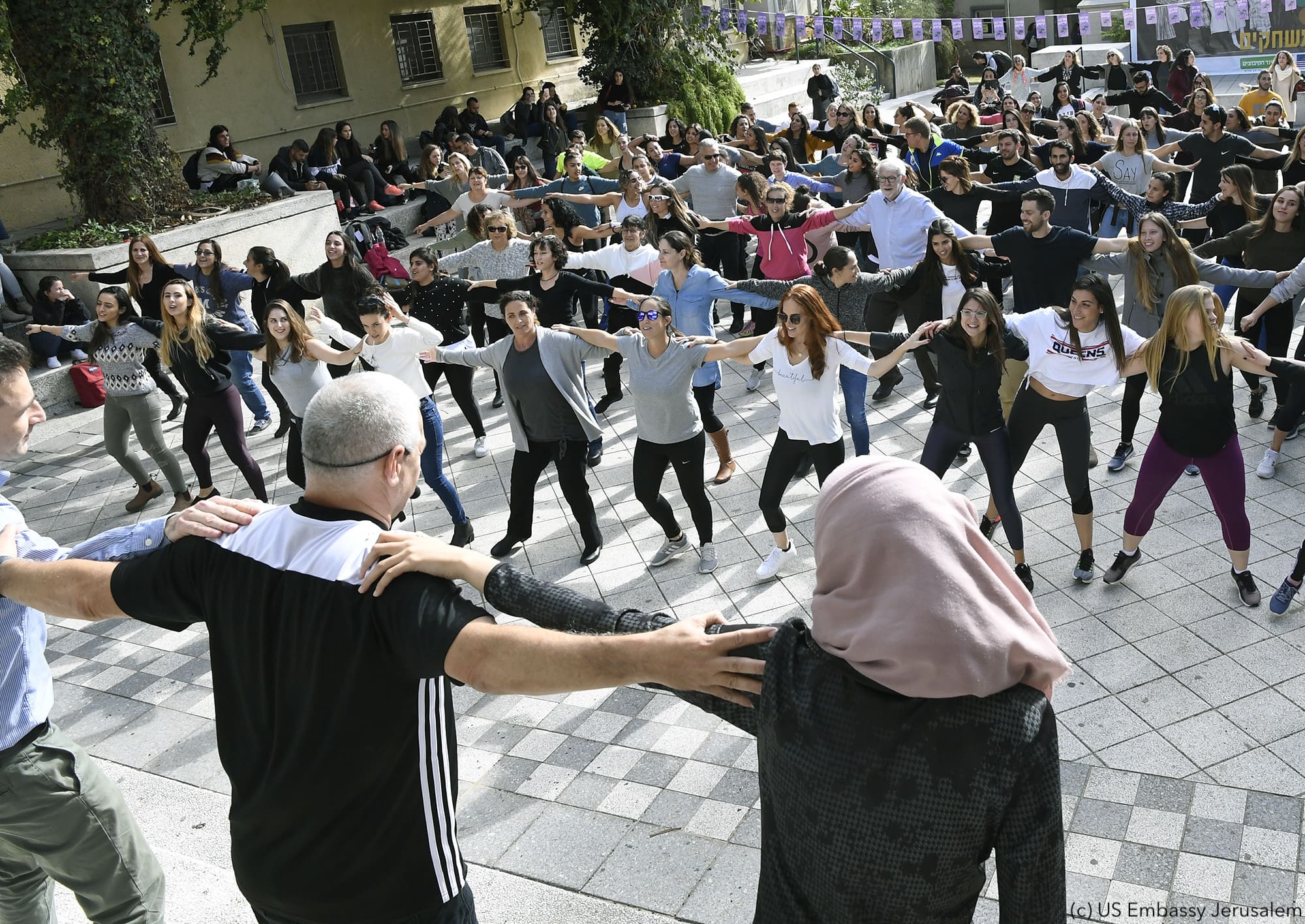
People-to-People (P2P) funded-projects are being revived in the US and Europe, threatening to undermine international law and Palestinians’ rights. Al-Shabaka’s Senior Analyst, 24588, examines the troubling implications of P2P initiatives and offers recommendations for how policymakers can counter them in order to bring about a just peace that holds Israel accountable for its violations of Palestinians’ rights.
The Politicization of Public Sector Employment and Salaries in the West Bank and Gaza
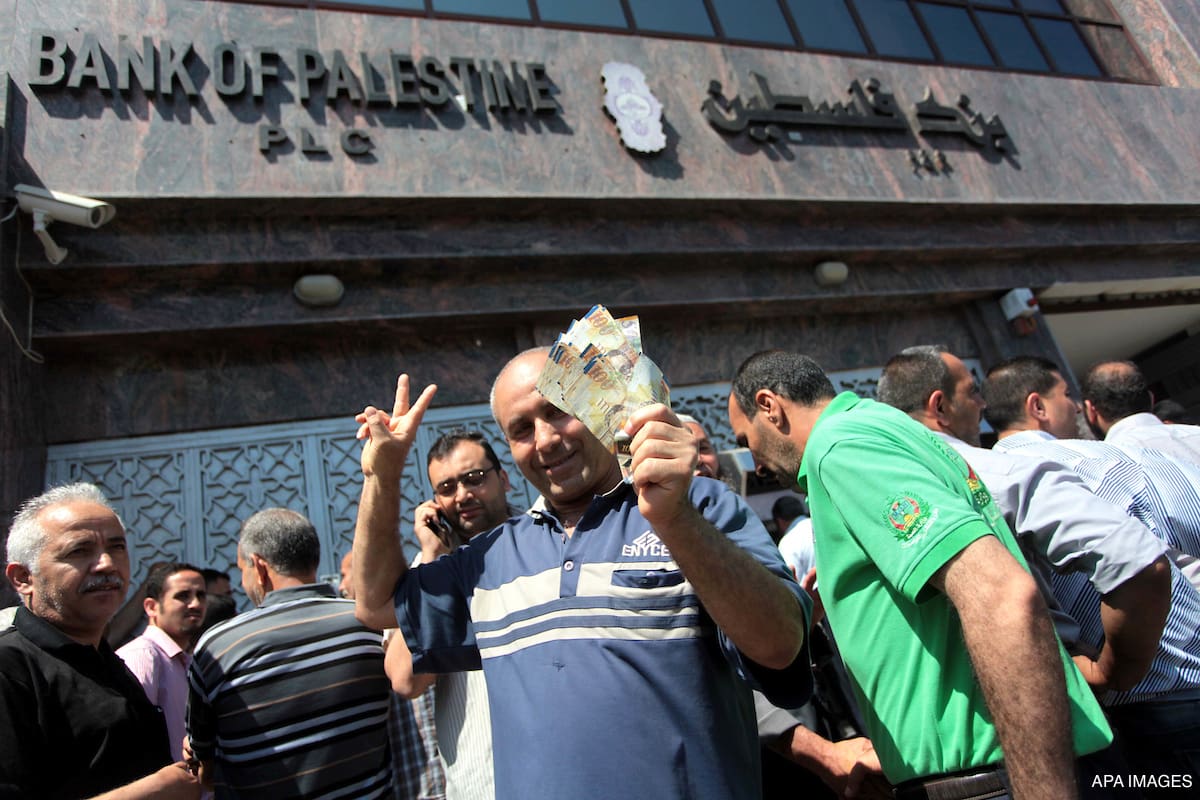
The Palestinian Authority has withheld salary payments from thousands of Palestinian public sector employees. Al-Shabaka policy analyst, Tariq Dana, and 24456 examine the ways in which the PA has politicized and exploited public sector employment and salaries as a political tradeoff. They offer recommendations for how to remedy the situation, and bring about economic equality for Palestinians.






